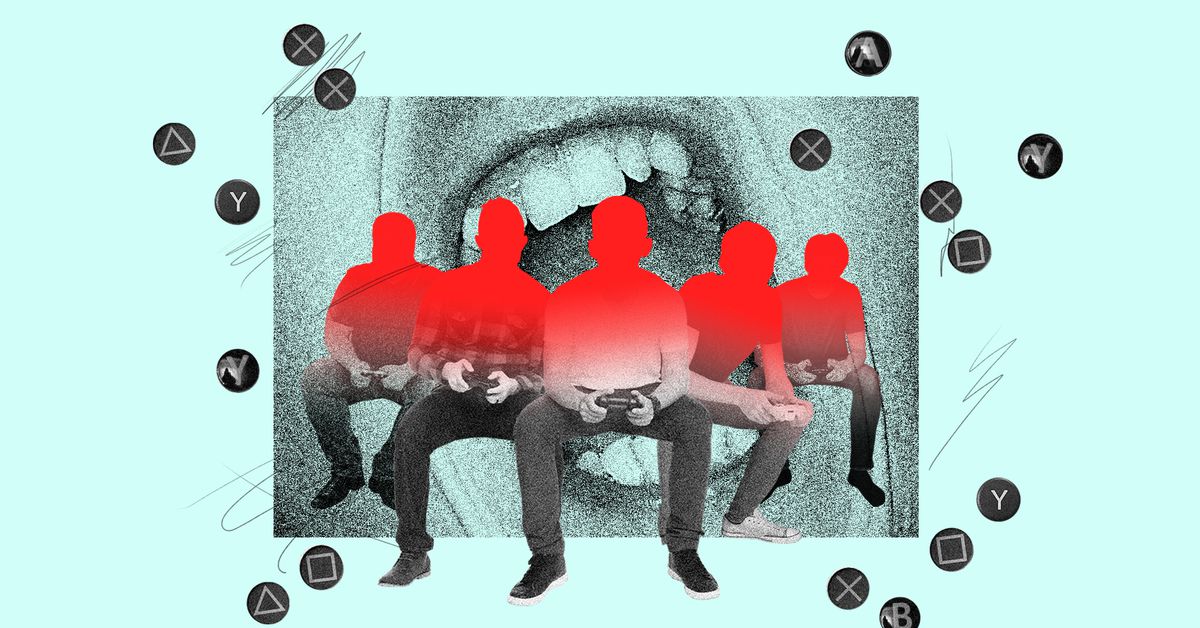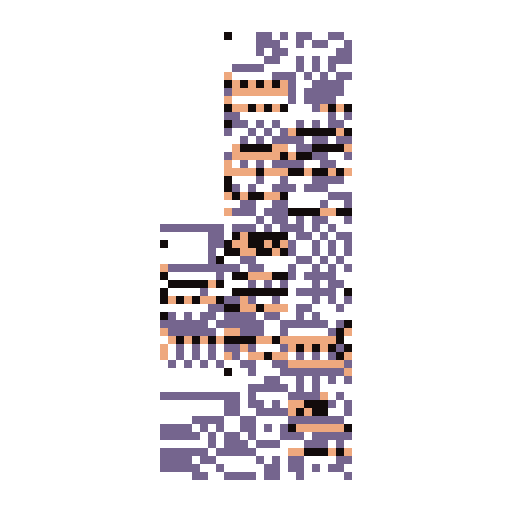Evidently on a posting tear today. What happens when you’re stuck in a Dr.'s waiting room, I guess…
“Make your own games!”
“Okay!”
“No! Not like that!”
The problem is, this never needed to grow to the point where some people call it that. Some people not wanting to buy games a group of people worked on doesn’t make it a hate campaign; but calling them out in an attempt to shut them down eventually did turn it into one, a one with way more people’s support at that.
Their Steam curator page used to have around 2000 followers until all those articles calling them out were published, and literally no one gives shits about curators in the first place. Now? They have 250k, and some people started giving shit about it.
Lol, no one’s putting a gun to people’s heads to make them act bigoted. If your response to being accused of racism is “Oh, yeah? I’ll show you racism!” then you’re just showing your true colors.
The media focusing on these fringe groups lends legitimacy to them and puts a spotlight on them, which in turn draws people on their side but unaware of them, to them.
By attacking it when your attacks can’t actually harm the group per se, all you’re really doing is giving it visibility. No one’s saying it’s creating racists/ bigots, but it is giving them a more powerful platform, since they’re no longer just a bunch of bigoted individuals, but are now Gamergate™, whose dumb ideas the media will publish articles about.
No one writes articles about stupid crap that people say on /b/ as individuals, but Gamergate, Q-Anon, Pizzagate, MAPs, etc all have had many tens if not hundreds of articles written about them, and they’re all just 4-chan campaigns.
I mean the flip side of this is that by doing nothing you’re letting them write the narrative. I feel like whatever this mess is, it’s starting to grow, so a more legitimate source calling it what it is can be helpful
The thing that gets me about this is that it’s always some nefarious outside group pressuring devs to make their games “woke” or whatever. It never seems to occur to these people that the people making the games might actually hold those beliefs and aren’t being forced to put them in games at gunpoint. Also, did the guy complaining about Ragnarok play GoW 2018? The fact that Kratos isn’t the same person he was in the old series is basically the entire point.
“The fact that Kratos isn’t the same person he was in the old series is basically the entire point.”
I always feel a little bit sorry for rage bigots like this, because of how dull their world and experiences must be. Like if he felt that the new Kratos felt narratively unsatisfying, or that his journey felt unsatisfying, that’d at least be an opinion with the potential to be interesting. But nah, it’s just “things are different”, with embedded implication that different = bad.
It certainly is more mask off this time around. They aren’t trying to hide behind euphemistic slogans like “ethics in game journalism”. Now they are just blatantly open about their anger that women and minorities are being represented in games and how that’s a bad thing.
There certainly was some actual “ethics in video game journalism” discussion early on that I felt was legitimate, but that got drowned out pretty quickly by the misogynists (which, from what I gather, was the entire point - it seems the misogynists started the whole thing and used the “ethics in game journalism” thing as a front to try to legitimise their agenda).
I think the discussion about the personal relationships game journalists have with developers in general was a reasonable one to have. It unfortunately ended up just laser focusing on Zoe Quinn supposedly trading sex for good reviews, which was untrue, sexist and resulted in nasty personal attacks. But I think it was worth at least examining the fact that game journalists and game developers often have close relationships and move in the same circles, and that game journalism can often be a stepping stone to game development. Those are absolutely things that could influence someone’s reviews or articles, consciously or subconsciously.
And another conversation worth having was the fact that gaming outlets like IGN were/are funded by adverts from gaming companies. It makes sense, of course - the Venn diagram of IGN’s (or other gaming outlets’) readers and gaming companies’ target audience is almost a perfect circle, which makes the ad space valuable to the gaming companies. And because it’s valuable to gaming companies, it’s better for the outlets to sell the ad space to them for more money than to sell it to generic advertising platforms. But it does mean it seems valid to ask whether the outlets giving bad reviews or writing critical articles might cause their advertisers to pull out, and therefore they might avoid being too critical.
Now I don’t think the games industry is corrupt or running on cronyism, personally. And I certainly don’t believe it’s all run by a shadowy cabal of woke libruls who are trying to force black people, women (and worse, gasp black women shudder) into games. But I do feel it was worth asking about the relationships between journalists, developers, publishers and review outlets - and honestly, those are the kinds of things that both game journalists and people who read game journalism should constantly be re-evaluating. It’s always good to be aware of potential biases and influences.
The fact that the whole thing almost immediately got twisted into misogyny, death threats and a general hate campaign was both disappointing and horrifying. And the fact that it led to the alt-right, and that you can trace a line from it to Brexit and to Donald Trump becoming US president, is even worse.
There were a lot of valid conversations to be had about journalistic integrity. Which made it all the more damning that Gamergate never once had any of these conversations, ever.






